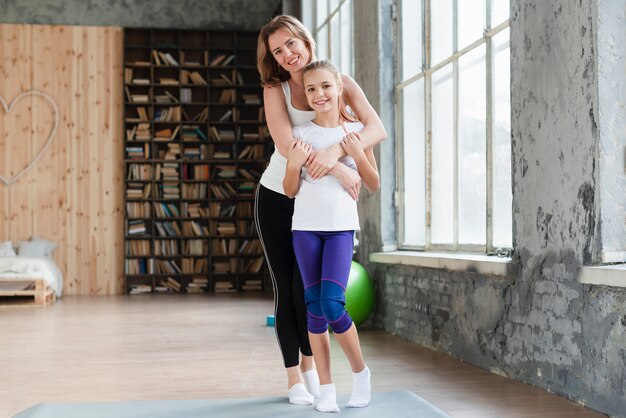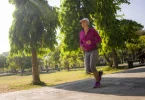Regular physical activity provides many health benefits for teenagers. Being active can help teens maintain a healthy weight, strengthen their bones and muscles, improve sleep, reduce stress, and boost self-esteem.
Physical activity also gives teenagers an outlet for energy and social interaction with peers.
With UK teenagers spending over seven hours per day in front of screens, encouraging more activity is vital for their physical and mental wellbeing.
Make Exercise Fun
The key to getting teens moving is making exercise enjoyable. Team sports allow teenagers you are fostering with Orange Grove Foster Care to socialize and have fun with friends while being active. Sports like football, basketball, hockey, netball and rugby are great options.
You can also look for recreational leagues in your community that welcome teenagers.
If your teen isn’t into competitive sports, suggest going for a bike ride, hiking, swimming, or dancing with friends instead. Getting a dog that needs walking can also motivate your teen to move more.
Lead By Example
Teenagers are more likely to be active if they see their parents exercising regularly. Go for evening walks together as a family, or sign up for an exercise class you can attend with your teen.
Ask your teen to show you workout routines they enjoy, like yoga, circuits, or dance videos.
Being active together strengthens your bond while setting a great example. Praise your teen when you notice them making an effort to exercise more.
Offer Rewards
Providing small rewards can give teens an incentive to participate in physical activities.
Offer to pay your teen if they walk the dog a certain number of times per week. After a sports game or dance class, stop for a smoothie or milkshake on the way home.
Let your teen invite a friend over after completing a workout video with you. Teenagers respond well to small treats that reinforce healthy behaviors.
Reduce Screen Time
Excessive screen time is a major barrier to exercise for today’s teens. Institute limits on recreational screen time to help make room for physical activity.
No phones or tablets should be allowed during meals, and the aim should be to have no more than 2 hours per day of non-school-related screen time.
Charge all devices outside the bedroom overnight to avoid late-night social media and gaming habits. Schedule a daily screen-free time when your teen can read, play sports outside, or engage in hobbies.

Encourage Active Transport
Rather than driving your teen everywhere, suggest walking, cycling, or public transport to places like schools, friends’ houses, and shops.
This builds physical activity into your teen’s daily routine. Offer to pay for an annual bus pass to make public transport affordable.
Provide your teen with a bicycle and safety gear to empower independent, active travel. Let friends know your teen is happy to walk or cycle to social engagements.
Focus on Enjoyment, Variety and Consistency
The most important factors when encouraging teenagers to exercise are enjoyment, variety, and consistency. Help your teen find activities they genuinely enjoy rather than rigidly forcing participation.
Introduce new and fun forms of exercise regularly to keep them engaged. Aim to build physical activity into their daily or weekly schedule, so it becomes a normal habit.
With patience and positivity, you can set your teenager up for a lifetime of healthy physical activity.








